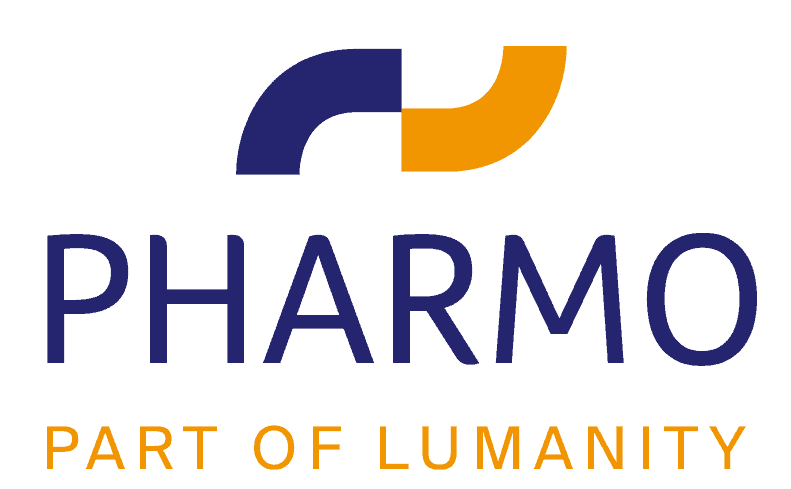The patient journey of head neck cancer from primary care to diagnosis – A retrospective cohort study in the Netherlands
Objective: There are currently no data available on the referral landscape of head and neck cancer (HNC) patients from first visit to a general practitioner (GP) to diagnosis in the Netherlands. Since primary care is a key setting to reduce time to diagnosis (TTD), this study aimed to describe the healthcare pathway of HNC patients from first GP visit to diagnosis.
Study design: This study was a population-based case-control study among patients with HNC matched to a nonHNC control group.
Setting: The data collection period was between 2013 and 2020, the setting was in the Netherlands.
Methods: Patient and tumor characteristics were assessed at index date. The healthcare pathway between start date and index date was assessed, as well as TTD for cases, which was stratified by patient and tumor characteristics.
Results: The final study population consisted of 9565 persons, of which 1913 HNC patients and 7652 matched non-HNC controls. Cases were most often male (67 %), median age was 66 years. HNC patients had more often a smoking and drinking history compared to controls (p < 0.0001). Cases had more GP visits, received more medication, were ordered more laboratory tests and had more referrals to a specialist, compared to controls (all p < 0.05). The overall mean (±standard deviation) TTD was 43.0 (±34.3) weeks, and was affected by gender, tumor location, and number of GP visits. Conclusion: This is the first study that reported the demographics and healthcare use from first GP visit to diagnosis in the Netherlands. Future research should focus on identifying opportunities for earlier diagnosis. https://doi.org/10.1016/j.canep.2025.102865
Prevalence of chronic kidney disease in the Netherlands and its cardiovascular and renal complications
BACKGROUND: Knowledge on prevalence, comorbidities and consequences of chronic kidney disease (CKD) is mandatory to
5-year adherence to adjuvant endocrine treatment in Dutch women with early stage breast cancer: A population-based database study (2006-2016).
BACKGROUND: Hormonal receptor (HR) positive breast tumors are common. Adjuvant hormonal therapy (AHT) with tamoxifen
Prevalence and drug treatment of people with type 2 diabetes mellitus and a very high risk of cardiovascular disease
OBJECTIVE: Dutch diabetes guidelines have been updated to incorporate specific therapies with cardiovascular and kidney
Predicting direct healthcare costs of general practitioner-guided care in patients with musculoskeletal complaints
nformation on healthcare utilization and costs of general practitioner (GP)-guided care in patients with musculoskeletal
Impact of Pharmacovigilance Interventions Targeting Fluoroquinolones on Antibiotic Use in the Netherlands and the United Kingdom
RMMs’ impact on antibiotic prescriptions in primary care during 2014-2023. METHODS: We assessed antibiotic prescriptions
Inconsistency in ferritin reference intervals across laboratories: a major concern for clinical decision making
OBJECTIVES: Iron deficiency anemia is a significant global health concern, diagnosed by measuring hemoglobin concentrations
Clinical Profile and Treatment Adherence in Patients with Type 2 Diabetes and Chronic Kidney Disease Who Initiate an SGLT2 Inhibitor: A Multi-cohort Study
INTRODUCTION: The clinical landscape for the treatment of patients with chronic kidney disease (CKD) and
Leftover of Amoxicillin Suspension After Use by Children in the Netherlands
PURPOSE: In clinical practice, a discrepancy may exist between the prescribed amount of a drug
Trends in initial pharmacological COPD treatment in primary care (2010-2021): a population-based study using the PHARMO Data Network
BACKGROUND: Pharmacological treatment is a cornerstone of chronic obstructive pulmonary disease (COPD) management, with general
